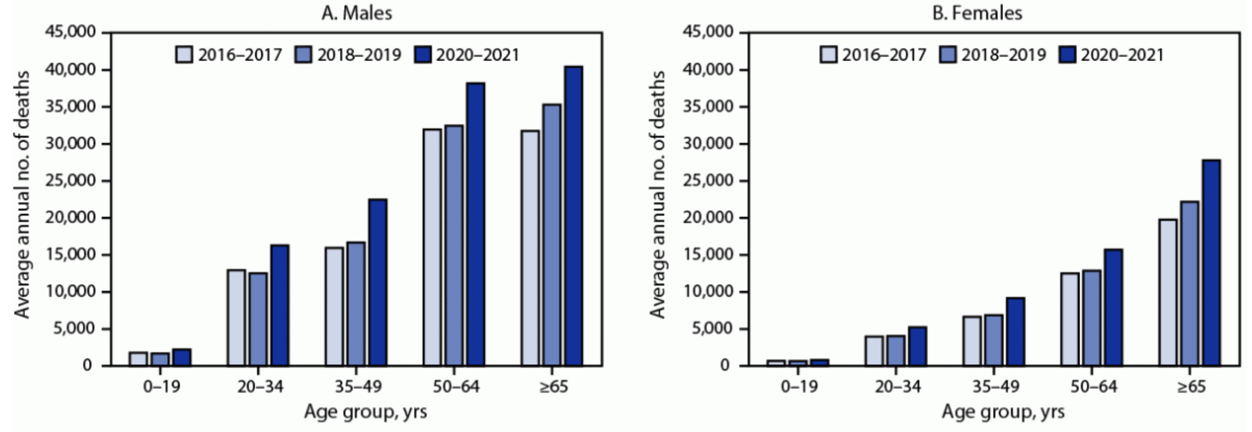first opinion
How a befuddling law made cancer drugs hard to get

Adobe
This reads like good intentions gone very bad. Under the Physician Self-Referral Law — commonly known as the Stark Law — specialty pharmacies embedded into independent physician practices are not allowed to dispense oral medications to a patient's home by mail or courier, or to a patient surrogate such as a family member. Meant to prohibit physicians from referring Medicare or Medicaid patients to a health care entity in which the doctor might have a financial interest, the law instead hurts patients while not changing physician behavior, medical oncologist Samyukta Mullangi of Tennessee Oncology argues in a STAT First Opinion.
The law, passed in 2021, is now being enforced, eliminating deliveries to patients' homes. It's especially harmful for cancer patients, and even more so for rural people far from a clinic or pharmacy. "This befuddling rule change has led to serious disruptions in the world of community oncology, where the vast majority of Americans receive their cancer care," Mullangi writes about enforcement that began in 2023 after a pandemic pause. Read more.
infectious disease
Flu vaccine is offering decent protection so far
This winter's flu vaccine is working reasonably well for everyone so far, the CDC said yesterday, and even better for children. This isn't the final word on the 2023-2024 season, but the new data on vaccine effectiveness showed unusually robust protection for children against influenza B viruses but more modest protection for people ages 65 and older against influenza A viruses. Flu activity appeared to peak over the Christmas holidays, declining slowly since in a season the CDC classifies as moderate severity.
The vaccine effectiveness in children against influenza A H1N1 viruses — the type that has predominated this flu season — was higher than in adults. The vaccine appeared to be somewhat more effective in adults 65 and older, who are advised to get specially formulated shots that either contain a high dose of vaccine or include an adjuvant, a boosting compound. STAT's Helen Branswell breaks it down.
public health
Deaths from excessive drinking surge
MMWR / CDC
Deaths from alcohol use have been climbing over the past two decades when narrowly defined as following alcoholic liver disease and alcohol use disorder. A new CDC report widens the lens to look more broadly at deaths caused by excessive alcohol use, including injuries and certain types of cancer. Comparing two time periods, 2016-2017 and 2020-2021, the average annual number of deaths in the U.S. from excessive alcohol use soared by more than 29%. During 2020-2021, that amounts to about 488 deaths every day from excessive drinking.
While the number of deaths rose more among men than women, the percentage increase was greater among women (35%) than men (27%). There were jumps among all age groups, but the report singles out binge drinking in people age 35 to 50, which peaked in 2022. These increases coincide with looser pandemic rules on alcohol, the researchers note, such as carryout and delivery as well as liquor stores being designated "essential businesses."


No comments